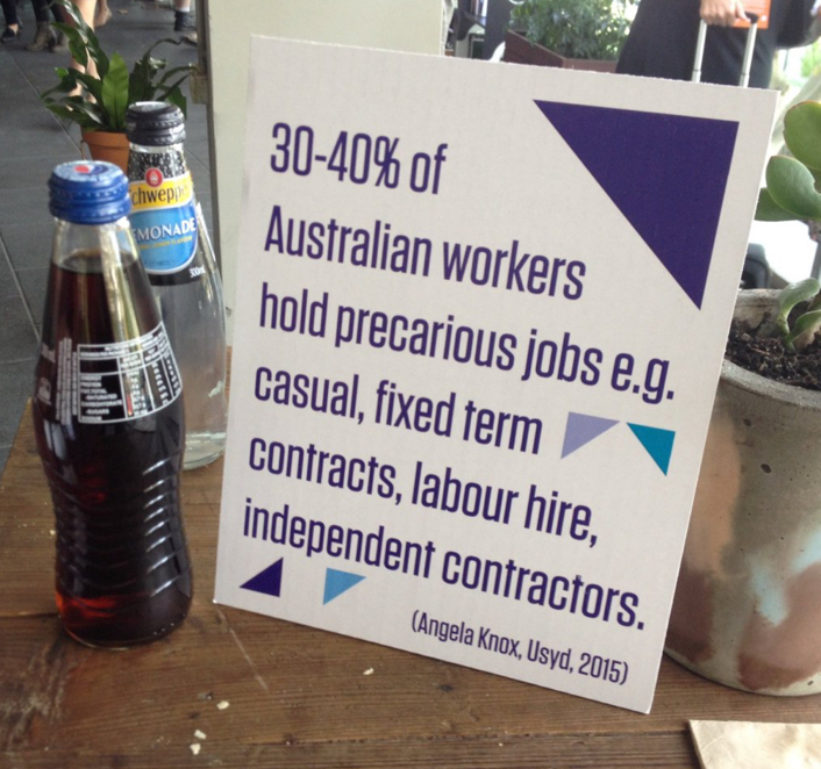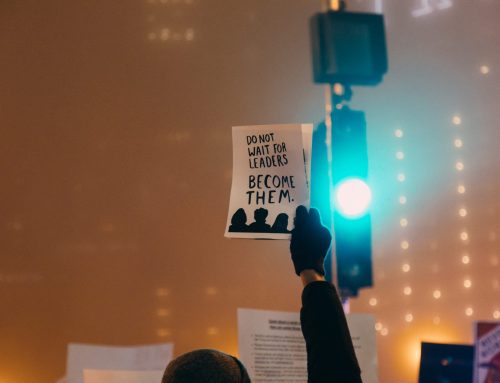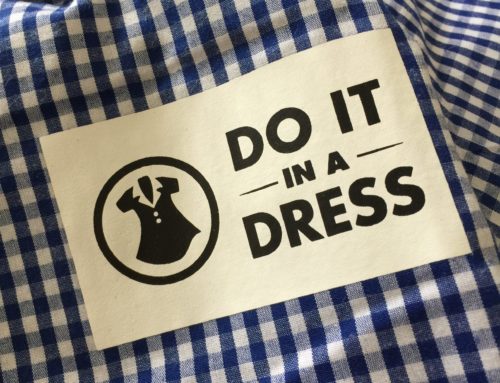After being on the Comms team at the Future of Work Conference this year I came home with pages of notes. I’ve committed to writing at least three blog posts to share my insights and how they relate to my work, (and possibly yours). Here is the first one.
The fear about job loss is both founded and unfounded. Perhaps we could look at it in a different way and see something different in this issue. The are predictions about job losses and large successful companies being disrupted, it sounds like a recipe for economic and social chaos. When I think of it from that perspective, naturally, I feel anxious and scared about what might happen.
Thankfully, that’s not the only perspective I’m looking at this from. Having recently attended the Future of Work 2016 Conference, there was a lot of discussion and a wide range of speakers talking about these very issues. This year the audience brought in issues of equality and sustainability in ways we hadn’t heard about in the past (2014 & 2015). There was some real robust discussion about privilege and climate change among other factors to consider in both the future of work and what we’re dealing with today.
One of the speakers pointed out that it’s not so much that jobs will be lost, it’s that they will change. Another pointed out that companies who value their people and rethink about the role of frontline workers in being critical to the success of a business are more likely to experience profitability rather than the traditional approach that sees their people as an expense that can be cut when things get tough.
There was a sign (similar to the one above) next to the coffee cart near the main plenary space that read “Technology has created more jobs than it has lost in the last 144 years.” This goes back to the earlier point. Some jobs will be no longer done by humans as automation continues, but other jobs will be created. While there will be businesses that are strong now but won’t survive disruption, that disruption is going to happen in companies that employ people. The jobs they do may be different as the changes emerge and as the job market evolves, but there will still be jobs. Different skills will become more in demand, some low-skilled jobs will go, yes, more technical skills will become more desirable, but so will human-centered skills.
Emotional intelligence, collaboration, empathy, and compassion are a few examples. As we deal more with machines perhaps the human touch will become more valued. Perhaps our ability to deal with emotions will become a sought after skill, and similarly, self-awareness in relation to technology will become an increasingly relevant cognitive space.
At the moment we can say with certainty that dealing with change, resilience and flexibility are key attributes that will help us navigate this uncharted territory. Being able to be comfortable with ambiguity, knowing how we react in given situations, choosing how we respond, instead of being reactive. These things are what will allow for the angst that often comes with being in uncharted territory to be more manageable.
The future of work is unknowable, in many ways, and there are many indicators that provide insights and help us formulate predictions that we can heed by preparing ourselves the best we can.
For example, Jan Owen of the Foundation for Young Australians opened the conference with some alarming information about how unprepared we are as a nation. She also has a solution that will help our young people develop the skills that will prepare those entering the workforce. The National Enterprise Skills Strategy is something that governments and education policymakers would do well to implement. (See the FYA website to find out more.) (Note: I interviewed Jan for an upcoming podcast on Human-Centred Leadership.)
What really stands out to me in the research I’ve done and the insights from the Future of Work 2016 conference, is that there is a great deal we can do to prepare, to skill ourselves up for the changes coming and that are already starting to happen.
We don’t need to fear the future, we can start by getting to know ourselves, understanding what we’re good at, and where we might need help to shift our mindset toward an open, flexible preparedness. Watch this space for more on the skills and mindsets that I believe will best prepare us for the future.














Leave A Comment